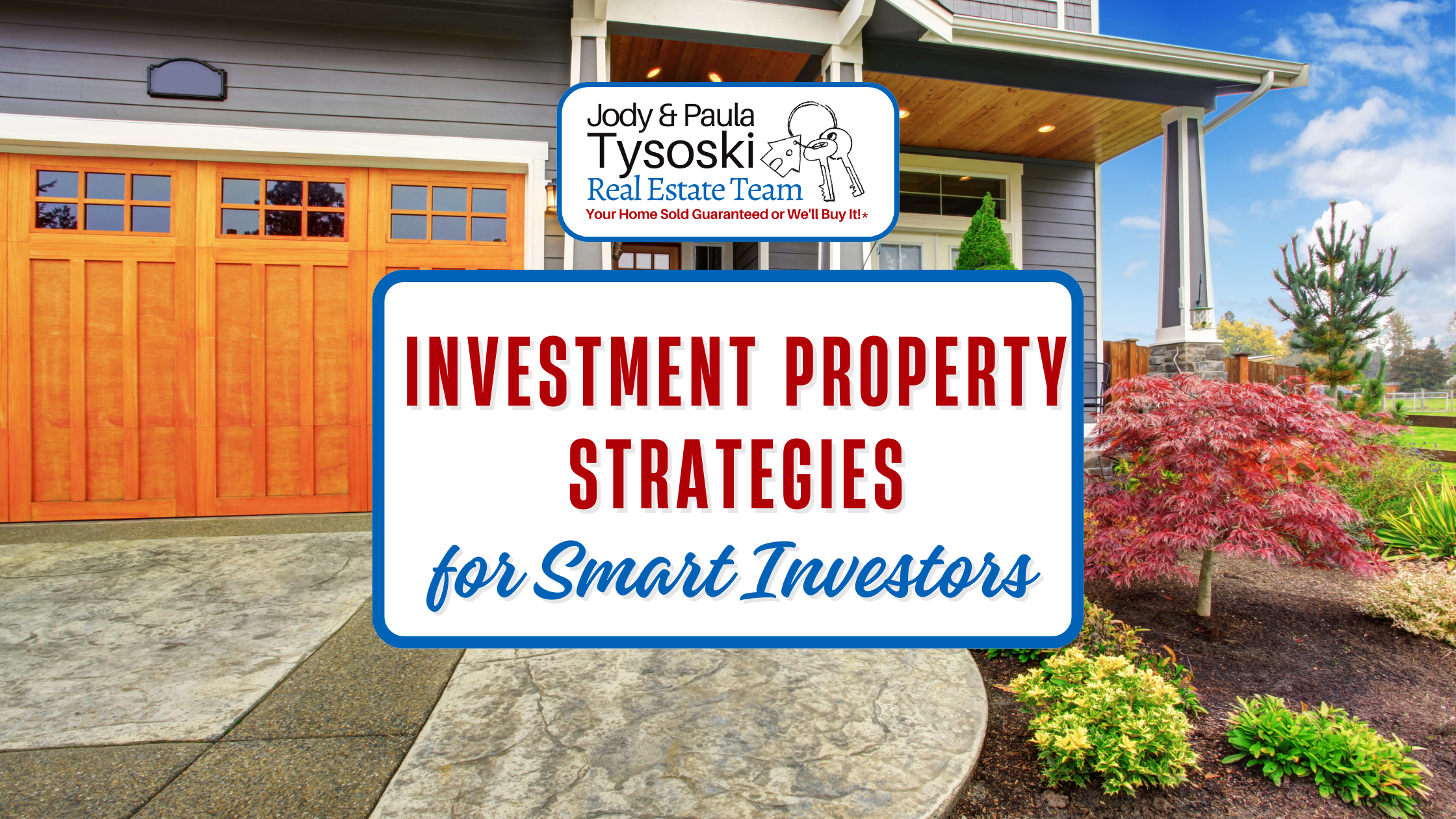
Investing in real estate can be a lucrative endeavor, providing a path to financial independence and long-term wealth accumulation. While the prospect of owning investment properties may seem daunting to some, with the right strategies and knowledge, investors can navigate the market with confidence and achieve their financial goals. In this guide, we'll explore some proven investment property strategies to help you maximize returns and minimize risks in your real estate portfolio.
Before diving into specific strategies, it's essential to understand the different types of investment properties available and their unique characteristics:
Single-Family Homes: Detached houses designed for one family. They are often preferred by investors for their simplicity and ease of management.
Multifamily Properties: Buildings with multiple residential units, such as duplexes, triplexes, or apartment complexes. Multifamily properties offer economies of scale and can generate higher rental income.
Condominiums (Condos): Individual units within a larger complex, where owners typically own the interior space but share ownership of common areas with other residents. Condos can be attractive for investors seeking low-maintenance properties.
Townhouses: Attached or semi-detached homes with multiple floors and shared walls with neighboring units. Townhouses offer a middle ground between single-family homes and condominiums.
Retail Properties: Buildings or spaces used for retail businesses, such as storefronts, shopping centers, or malls. Retail properties can offer stable rental income but may be subject to changes in consumer behavior and economic conditions.
Office Buildings: Properties designed for professional and business offices. Office buildings can provide long-term lease agreements and steady cash flow but may be sensitive to changes in the business environment and office space demand.
Industrial Properties: Warehouses, distribution centers, manufacturing facilities, and industrial parks. Industrial properties often have higher ceiling heights and specialized infrastructure to accommodate industrial operations.
Mixed-Use Properties: Buildings or developments that combine multiple types of real estate, such as residential, commercial, retail, and office space. Mixed-use properties can offer diversification and multiple income streams.
Vacation Rentals: Properties rented out on a short-term basis to vacationers and travelers. Vacation rentals can include single-family homes, condos, apartments, or vacation resorts located in popular tourist destinations.
Student Housing: Residential properties specifically designed to accommodate college or university students. Student housing properties can offer stable demand and higher rental yields in areas with large student populations.
Senior Housing: Residential properties catering to older adults and retirees, such as independent living communities, assisted living facilities, or nursing homes. Senior housing properties can benefit from demographic trends and the aging population.
Medical Buildings: Properties used for healthcare-related purposes, such as medical offices, clinics, hospitals, or ambulatory care centers. Medical buildings may require specialized infrastructure and compliance with healthcare regulations.
Location, Location, Location:
Financial Analysis:
Risk Management:
Value-Add Strategies:
Tenant Selection and Management:
Long-Term Appreciation:
Investing in real estate can be a rewarding endeavor for those willing to educate themselves, exercise due diligence, and take calculated risks. By adopting sound investment property strategies, investors can build a diversified portfolio, generate passive income, and create lasting wealth over time. Whether you're a novice investor or seasoned pro, the key to success lies in continuous learning, adaptability, and a long-term perspective.
Ready to embark on your real estate investment journey? Reach out to our team of experienced professionals for personalized guidance and expert advice. Together, let's unlock the full potential of your investment property portfolio and achieve your financial goals.
Happy investing!